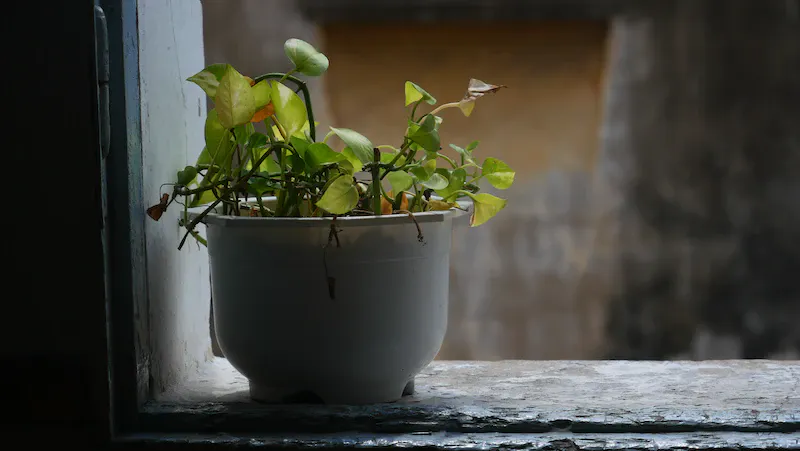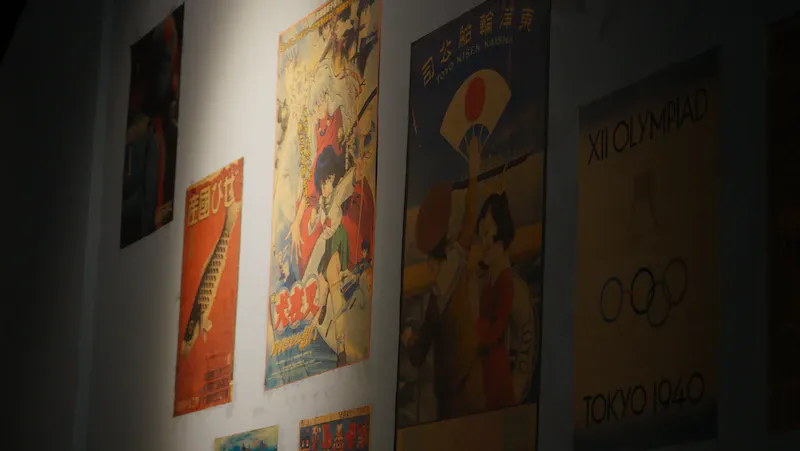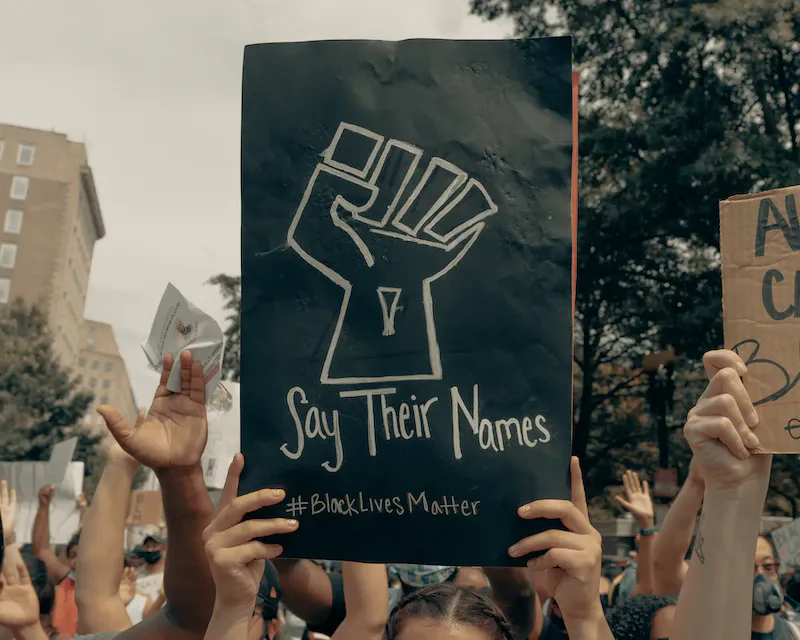Hugging Vagina Power: Stories of Giving power

Worries and Taboos: Shedding Light on Vaginas
Growing up, I had my fair share of worries. And yes, you guessed it right—I was worried about vaginas. It’s not something we often talk about openly, is it? In fact, we often avoid thinking about them altogether. But that’s precisely why I started diving into this topic. I wanted to explore what we think (or don’t think) about vaginas and the secrecy that surrounds them.
Finding your own vagina isn’t as easy as it sounds. Many women go days, weeks, or even months without taking a good look at it. I remember interviewing a high-powered businesswoman who simply didn’t have the time. According to her, “Looking at your vagina is a full day’s work.” The whole process of contorting your body, positioning yourself just right, and finding the perfect lighting—it’s exhausting.
That’s when I decided to start talking to women about their vaginas. It began as casual interviews, but it quickly evolved into something more—a collection of powerful stories that I like to call “Vagina Monologues.” I spoke with over 200 women from different walks of life—old and young, married and single, professionals and students, women from various ethnic backgrounds and cultures.
Initially, women were a bit hesitant and shy to open up. But once they started, there was no stopping them. Women love to talk about their vaginas, mainly because no one had ever asked them before. It was like unearthing a hidden treasure trove of experiences.
Let’s be honest, the word “vagina” doesn’t exactly sound appealing. It’s not a sexy word by any means. In fact, no matter how many times you say it, it never quite rolls off the tongue smoothly. It’s completely understandable if you find it awkward to use during intimate moments. Trying to be politically correct by saying, “Darling, would you stroke my vagina?” can be a real mood killer.
Interestingly, vaginas have a wide range of names in different communities. In Great Neck, New York, they call it a “Pussycat.” I once heard a woman say that her mother used to tell her, “Don’t wear panties, dear, underneath your pajamas. You need to air out your Pussycat.” It’s amusing how we come up with all sorts of creative names like Pooki, Poochi, Poopi, Popelu, Pooninana, Padepachetchki, Pal, and Piche.
But here’s the thing—I worry not just about what we call them, but also what we don’t call them. The fact is, vaginas are still surrounded by darkness and taboos. It’s crucial to break free from these barriers and start hugging open discussions about our bodies.
In my journey, I’ve learned three important qualities that contribute to happiness. First, it’s about acknowledging what’s right in front of us and talking about it honestly. Our vaginas are a vital part of our bodies, yet they remain a topic shrouded in silence. By bringing them into conversations, we reclaim their significance.
Secondly, discussing vaginas has opened my eyes to the power of serving the world and making it a better place. The deepest happiness I’ve experienced came from using the V-Day platform to raise awareness and funds to combat violence against women. The epidemic of violence towards women is a global issue that demands our attention.
Lastly, I’ve come to understand the importance of going with the flow and trusting the journey. This “V-wave” I embarked on eight years ago has taken me to incredible places and introduced me to remarkable individuals. I’ve encountered vagina warriors—women who have suffered violence and instead of resorting to hatred, they choose to fight against it. They inspire me to keep pushing forward.
Let’s remember that happiness exists in action—speaking our truth, giving what we desire most, and staying connected to our bodies. In my travels, I’ve witnessed the toughness of women like Marsha Lopez in Guatemala, Esther Chávez in Juarez, and Agnes in Kenya. These extraordinary individuals have transformed their own pain into a catalyst for change, showing us the power we possess to make a difference.
It’s important to shed light on the worries and taboos surrounding vaginas. By addressing these issues openly, we create a space for understanding, compassion, and progress. Let’s break the silence, hug our bodies, and work together to build a world where every woman can live without fear and violence.
The Power of Vagina Conversations: Breaking Silence and Creating Community
We live in a world where certain topics are considered off-limits, and vaginas happen to be one of them. It’s not something we freely discuss or even think about. But what if I told you that by having open conversations about vaginas, we can break the silence, create a sense of community, and enable women?
During my journey, I had the opportunity to speak with over 200 women from diverse backgrounds. It started with casual interviews but quickly turned into something much more profound—an exploration of their personal experiences, which I now refer to as “Vagina Monologues.” I spoke with women of all ages, professions, sexual orientations, and ethnicities, and what I discovered was truly eye-opening.
At first, many women were shy and hesitant to share their stories. But once they realized that someone genuinely wanted to listen, the floodgates opened. Women love to talk about their vaginas because, in many cases, nobody has ever asked them before. It’s like revealing a hidden part of themselves that has long been ignored.
But why does it matter? Why should we encourage these conversations? The answer lies in the power of community. When women come together and share their stories, a powerful sense of connection and support emerges. Suddenly, they realize that they are not alone in their experiences. The shame and isolation that often accompany vaginal issues begin to dissipate.
Imagine the relief of knowing that others have faced similar challenges and triumphed over them. These conversations allow us to learn from one another, offer guidance, and provide comfort. We start to realize that our bodies, including our vaginas, are nothing to be ashamed of. Instead, they are a source of strength and toughness.
By breaking the silence surrounding vaginas, we also challenge the societal norms and taboos that have stifled open dialogue for far too long. These conversations promote education and awareness, enabling women to make informed decisions about their bodies and healthcare. They encourage a sense of body positivity, helping women hug their unique experiences and identities.
It’s important to recognize that the power of vagina conversations extends beyond personal growth. They have the potential to spark social change and activism. When women share their stories, they shed light on issues such as gender-based violence, inequality, and discrimination. By bringing these issues into the spotlight, we can collectively work towards creating a more equitable and just society.
But let’s not forget that these conversations require a safe and non-judgmental space. It’s essential to approach them with respect, empathy, and an open mind. We must listen attentively and validate the experiences of others, even if they differ from our own. Together, we can create a community where everyone feels heard, supported, and enabled.
So, let’s break the silence. Let’s initiate those uncomfortable but necessary conversations about vaginas. By doing so, we foster a sense of unity, challenge societal norms, and pave the way for positive change. Remember, our voices matter, and our stories hold the power to transform lives.
Vagina Monologues: From Casual Interviews to Enabling Stories
Let’s talk about the power of stories—especially those that have been kept hidden for far too long. As I embarked on a journey to explore the world of vaginas, I had no idea that casual interviews would evolve into something extraordinary—a collection of enabling narratives that I now refer to as “Vagina Monologues.”
The initial interviews were met with shyness and reluctance. It took time to create an environment where women felt comfortable sharing their experiences. But once the floodgates opened, the stories poured out, revealing a treasure trove of untold accounts. It became clear that women were eager to discuss their vaginas, simply because no one had ever asked before.
From older women to younger ones, married individuals to those who identified as LGBTQ+, professionals to students, I had the privilege of speaking with women from all walks of life. The stories were diverse and powerful, showcasing the depth of human experience and toughness.
Interestingly, the conversations went beyond what I initially expected. It wasn’t solely about wonderful orgasms or a deep love for their own vaginas. Instead, women lined up after each performance of the Vagina Monologues to share stories of trauma and survival. They spoke of rape, abuse, and violence—stories that needed to be heard, acknowledged, and addressed.
At times, it felt overwhelming. I questioned whether I was doing enough to make a difference. It was challenging to bear witness to the pain and suffering these women had endured. But deep within, I knew that silence wasn’t the answer. It was time to take action.
In 1997, a pivotal moment arrived. We decided to harness the energy and momentum generated by the Vagina Monologues and focus it towards combating violence against women. With the help of incredible actors and activists, we staged a performance that ignited a wave of awareness and activism. The V-Day movement was born.
Over the next six years, this movement spread like wildfire, reaching colleges, communities, and cities worldwide. We raised funds, generated conversations, and brought attention to the global epidemic of violence against women. It was a testament to the power of storytelling and the strength of collective action.
Through these experiences, I discovered the true significance of the V-Day movement. It wasn’t just about performances and raising awareness—it was about creating a platform for change. We channeled the energy and stories into tangible initiatives that supported organizations, enabled survivors, and advocated for policy reforms.
It’s important to acknowledge that violence against women is a deeply entrenched issue that affects every corner of the world. It knows no boundaries of race, religion, or socioeconomic status. By shedding light on these stories, we expose the magnitude of the problem and compel society to address it head-on.
The Vagina Monologues taught me the transformative power of narratives. They gave a voice to the voiceless, sparked dialogue, and inspired action. These stories reminded me that our shared experiences have the potential to shape the world we live in.
As I reflect on this journey, I am filled with gratitude for the individuals I have met along the way. The brave women who opened up about their pain and triumphs, the activists who tirelessly fight for justice, and the communities that rallied together—it is their toughness that fuels this movement.
So let’s continue to increase the voices of those who have been silenced for too long. Let’s keep sharing our stories, challenging societal norms, and working towards a world where every woman can live free from violence and fear. The Vagina Monologues are not just performances—they are a call to action, a catalyst for change. Together, we can create a more inclusive, compassionate, and just society.
Vagina Warriors: Transforming Lives and Combating Violence against Women
In every corner of the world, there exist extraordinary individuals who refuse to succumb to despair. They are the Vagina Warriors—women and men who have witnessed unimaginable violence but choose to rise above it, dedicating their lives to combating the very forces that seek to oppress them.
During my travels, I had the privilege of meeting some of these remarkable warriors. Their stories have left an indelible mark on my heart, serving as a powerful reminder of the toughness and strength that resides within each of us.
One such warrior is Marsha Lopez, whom I met in Guatemala. Marsha had endured years of abuse at the hands of her husband. Despite the physical and emotional pain she experienced, she found the courage to leave that toxic relationship. Inspired by her own journey, Marsha brought the V-Day movement to Guatemala, enabling other women to break free from cycles of violence. Her strength and determination are awe-inspiring.
In Juarez, Mexico, I encountered another incredible warrior named Esther Chávez. A brilliant accountant, Esther discovered the alarming number of women disappearing in her community. Unwilling to stand idly by, she dedicated herself to documenting their stories and raising awareness about gender-based violence. Through her organization, Casa Amiga, Esther provided support and resources to those affected, ensuring that their voices were heard. Her unwavering commitment to justice is truly remarkable.
In Kenya, I had the privilege of meeting Agnes, a woman who epitomizes what it means to be a Vagina Warrior. Agnes was subjected to genital mutilation as a young girl. Instead of allowing her pain to consume her, she channeled her experiences into creating change. Through education and advocacy, she saved thousands of girls from undergoing the same horrific practice. Agnes’s determination to protect future generations from harm is an inspiration to us all.
These warriors demonstrate that transformation is possible even in the face of adversity. They refuse to be defined by their past traumas and instead harness their pain to fuel their activism. Their courage and toughness are beacons of hope in a world that often feels weighed down by darkness.
Their stories also highlight the urgent need to address the widespread violence endured by women globally. It is a deeply rooted issue that affects millions of lives. By standing alongside these warriors and increasing their voices, we can collectively work towards creating a society where violence against women is not tolerated.
As we engage in conversations about vaginas, let us also remember the importance of acknowledging and addressing the broader systemic issues that perpetuate violence. We must challenge harmful gender norms, promote comprehensive education, and advocate for legislation that protects the rights and safety of women.
The journey of the Vagina Warriors has shown me the power of individuals coming together to enact change. Each one of us has the capacity to be a warrior in our own right, using our voices and actions to create a safer and more equitable world for all.
So, let us be inspired by the stories of these incredible warriors. Let us join hands and work towards dismantling the systems of oppression that harm women. Together, we can create a future where every woman can live with dignity, free from violence, and fully enabled to hug her own narrative.
Conclusion
The journey through the realm of vaginas and the stories they hold has been an eye-opening and transformative experience. From shedding light on taboos to creating enabling narratives, from breaking silence to forming communities, and from combating violence to becoming warriors of change, this exploration has taught us invaluable lessons about the power of dialogue, empathy, and collective action.
Through the Vagina Monologues, we have witnessed the extraordinary toughness of women who have chosen to reclaim their voices and share their experiences, no matter how painful or difficult. Their courage has ignited conversations and sparked a global movement that aims to dismantle the structures that perpetuate violence and inequality.
We have learned that by engaging in open, honest conversations about vaginas and the issues surrounding them, we can challenge long-held stigmas and create spaces for healing, understanding, and support. By increasing the stories of survivors and advocating for change, we take a crucial step towards building a world where every person, regardless of gender, can live with dignity and free from violence.
The Vagina Warriors we encountered along this journey show the toughness and determination needed to combat violence against women. Their unwavering commitment to justice and their refusal to accept the status quo inspire us to stand up and take action. Together, we can create a society that values and respects the rights and autonomy of every individual.
As we reflect on the lessons learned, it becomes evident that our collective efforts are essential in effecting meaningful change. Each conversation, each act of solidarity, and each step taken towards dismantling patriarchal norms contributes to a more inclusive and equitable world. It is through our shared commitment to breaking the silence, hugging diversity, and advocating for justice that we can create lasting impact.
Let us continue to uplift the stories and experiences of those who have been silenced and marginalized. Let us use our voices, our platforms, and our actions to challenge societal norms, enable survivors, and work towards a future where violence and discrimination are eradicated.
The journey may be long, but with unwavering determination and the power of community, we can create a world where every individual, regardless of their gender or anatomy, can live with dignity, respect, and the freedom to fully hug their own identity. Together, let us forge a path towards a brighter and more inclusive future for all.

